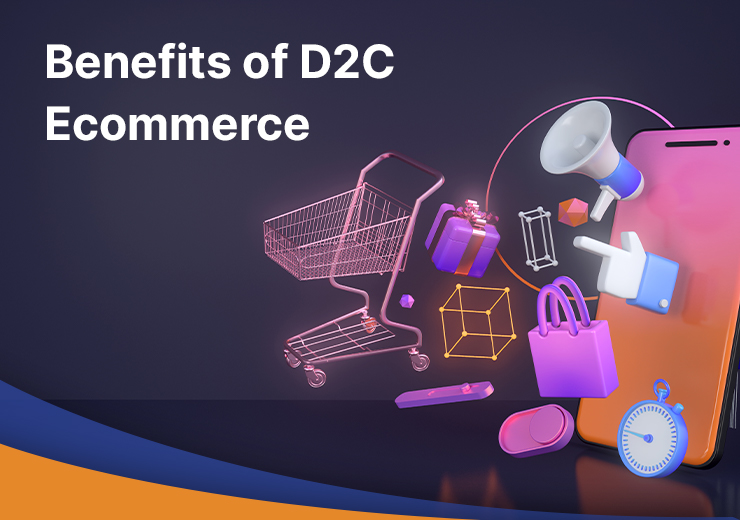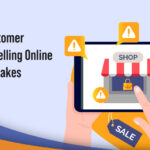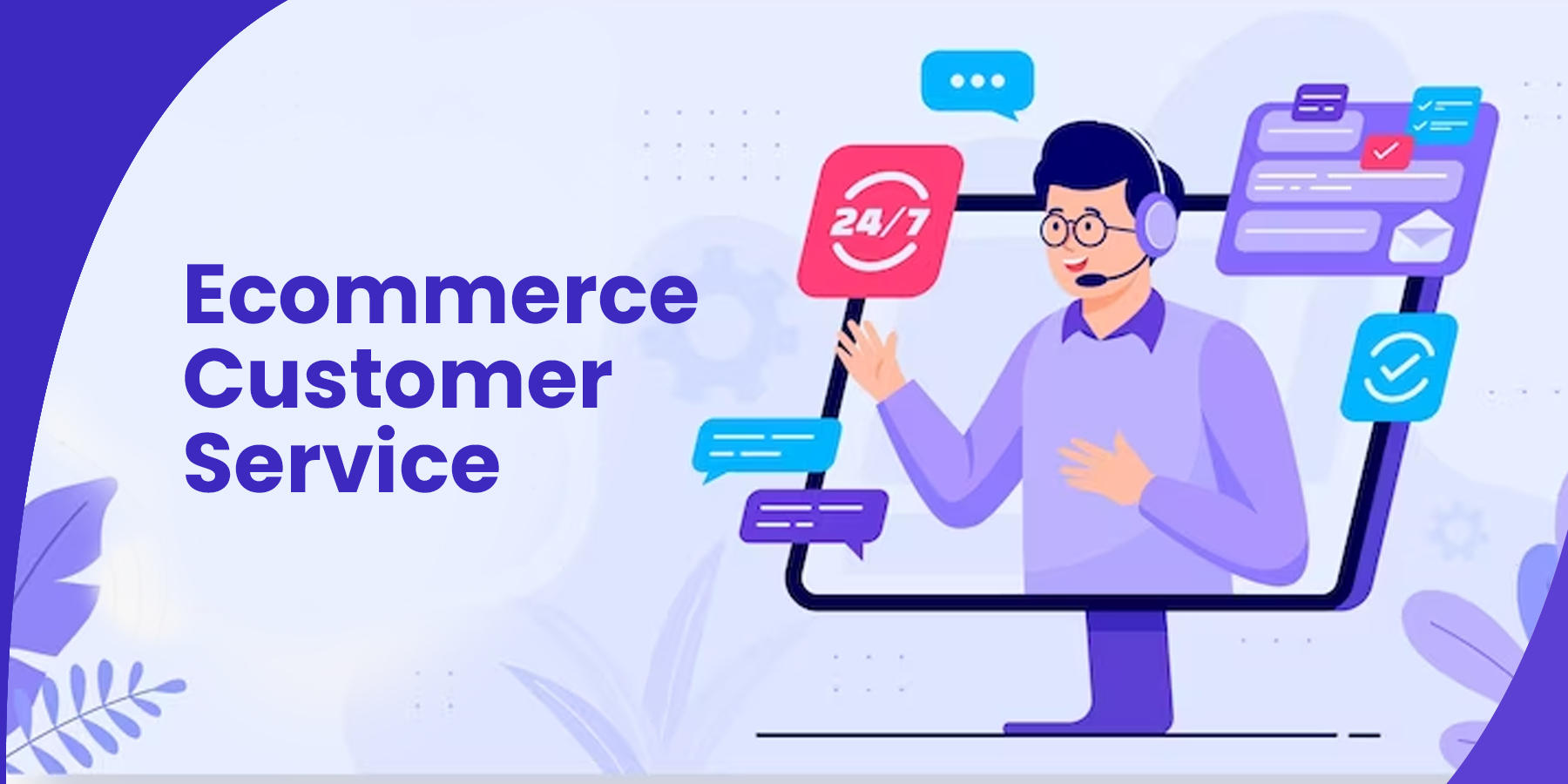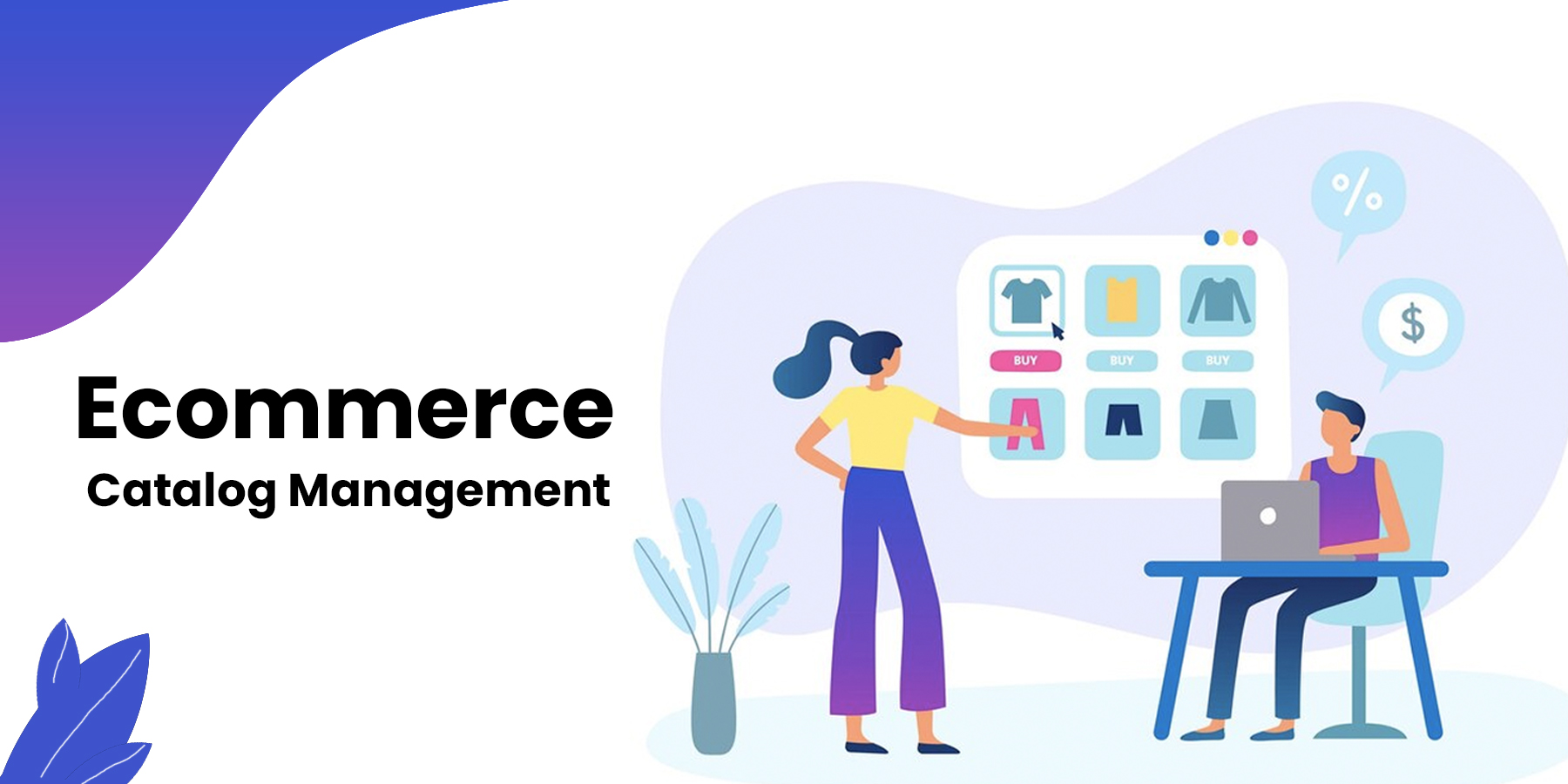
And people aren’t simply just buying from online retailers either. More and more customers are opting to buy directly from manufacturers, as brands grow their own online presence.
This has resulted in a shift from traditional distribution models with retailers and wholesale stores to one of selling directly to the consumer. In this article, we will explore what D2C eCommerce is as well as the benefits of shifting to this distribution model.
Why D2C eCommerce is getting popular by the day?
Direct to Consumer or D2C eCommerce, is gaining popularity by the day in the online industry. Manufacturers are completely letting go of the middlemen, both the distributor and retailer out of the supply chain and eCommerce equation. In the year 2020, it has been estimated around 82% of the manufacturers were able to improve their relationship with their customers as a result of selling directly to them. Physical stores, while still popular, are starting to see a decrease in the number of their sales. Even established brands like Blue Paron, Macy’s Casper, and Bloomingdales are seeing a dip in their sales numbers. When questioned on the preference, consumers preferred the convenience, quality of the product and shipping alterations as their main factors when shopping directly from the manufacturer’s website.
On the other hand, for the brand manufacturers, the Direct to consumer allows them to personally analyse every decision taken by a customer and the reason behind it, which ultimately results in getting a better understanding of their preferences and updating their marketing strategy to increase sales.
9 Incredible Benefits of D2C eCommerce
There are a ton of benefits in terms of shifting your store to a D2C eCommerce model. We decided to focus on 9 that we believe are the most impactful. These benefits are:
1.Boosts in Sales and New Revenue Channels
The first benefit of shifting to D2C eCommerce is that you will get more sales. By selling directly to the consumer instead of using a retailer you increase your profit margin and improve the potential of your products by unifying them under a single brand identity.
But D2C eCommerce doesn’t mean that you have to limit yourself to selling online. You can continue to sell to retailers and use D2C eCommerce as a new stream of revenue to increase the potential of your product.
By combining both options, you can have the best of both worlds. If you decide to focus your resources on one, you’ll find that D2C has much more benefits than just sales.
2.Improved Brand Control and Awareness
Implementing your own D2C eCommerce platform means you’ll have complete control over your product, your brand, and how your users engage with it. You will also have increased control over your sales data and the effectiveness of your marketing strategies.
You get to decide everything about how your customers see the product, as well as the identity of your brand. This helps to build a stronger relationship with your users.
3.Use the Power of Data
When you sell your products through a retailer, distributor, wholesale store, or other types of 3rd party partners you lose a vital connection with your customers. You don’t get to see how they engage with your product, what offerings are more popular, and other useful data.
D2C eCommerce allows you to get all that information directly simply by way of having users engage with your platform. Knowing how your users interact with your product will allow you to adapt and reevaluate your marketing strategies to make them more effective.
4.Releasing New Products More Often
Through D2C eCommerce platforms you’ll get access to more customer data than ever before. This can allow you to more safely launch new products based on what you learn from the ways your customers engage with your current offerings.
You can even use your website to directly ask your users what they would like to see and how they would prefer to see it and use this data to shape the way you develop and release new products.
5.Build Customer Engagement
Speaking about engagement, D2C eCommerce channels are an incredible boon to the relationship between your brand and the users. By using personalized services and messaging tailored to the users, you can increase their engagement not only with your product but with your brand overall. Blog posts on your website and other types of content can help give your users a more useful and fulfilling experience than just a simple store. This will have them coming back for more.
6.Make Your Product Less Dependent on Others
By shifting your business online through D2C eCommerce, you are also reducing your dependency on distributors and retail partners. The longer the distribution chain is, the more prone it can be to issues that affect your ability to sell your product.
Through 2020 we saw a necessity to build businesses that didn’t need to sell through physical stores or didn’t require specific distributors in order to operate.
7.Respond to Shifts in Market
If there’s a lesson to learn from 2020, it’s that you need to be ready to adapt to any shift in the market. This can be difficult if your product is limited to classic brick-and-mortar stores.
A D2C eCommerce strategy allows you to respond to these changes more easily, as you only need to adapt your online platform as opposed to relying on a third party to do so.
Not only that, but D2C eCommerce also makes it easier to make changes to your store to adapt it for others countries and regions, which makes expansion easier.
8.Lower Your Costs
This one is pretty clear. By eliminating the need for a third-party partner or retailer, you can significantly lower the costs associated with selling your product while simultaneously increasing your profit margins.
Physical stores often need people driving interest in the products in order to boost sales, which comes at an added cost. However, D2C eCommerce can perform the same job without needing additional employees. You can automate your response to simple customer queries, and streamline their shopping process to make things easier on them and less expensive for you.
9.Expand Your Market
The world of eCommerce is massive, and jumping into it can help you expand your territory far beyond what you would normally see from simple physical stores. By shifting to D2C you do away with the normal limitations of retail distribution and can, with the right partnership, sell to anyone in the world at any time.
Risks of D2C eCommerce
Shifting your selling to a D2C eCommerce strategy isn’t all sunshine and rainbows. There are risks that you need to consider so that you can avoid falling for the pitfalls that cause these endeavours to fail. Some risks are:
Partnerships loss
One unfortunate downside of shifting to D2C eCommerce is that you might lose some partnerships you previously had. While the shift can increase your profits and reduce costs, some retailers might see this as an attempt of taking profits from them instead.
eCommerce Complexity
The world of eCommerce is very competitive and complex. Jumping online and building a website for your products is not as simple as throwing a list of them on a landing page. You need to consider how to market them, how to improve the visibility of your website, and how you will engage with your customers.
Choosing the right partner
By shifting to an eCommerce platform, you’ll need to work with a vendor that can help you build a store that fits the needs of your business. Choosing the wrong vendor can end up causing you troubles in the long run.
Why you Need Vserve eBusiness
If you are looking to build an eCommerce store that can successfully integrate D2C strategies and as well as provide an excellent user experience, you’ll need to work with someone that knows how to navigate the complex world of eCommerce store development. That someone is Vserve.
We have more than 10 years of experience in the world of eCommerce store development and a team of more than 350 certified developers and managers. We also have successfully developed more than 2500 eCommerce projects.
Our different solutions include:
- eCommerce Strategies and Marketing
- Website Design
- eStore Development
- Payment Gateway Integration
- Product Data Management and Migration
- And more!
With us, you’ll receive a lifetime of support, innovative technologies and designs, the strictest data protection protocols, and user interfaces that are responsive and easy to use.
Conclusion
Adaptation is a hallmark of a good brand and business. Nowadays Direct-to-Consumer eCommerce, or just D2C eCommerce, is shaping up to be the next step in consumer adoption. Understanding what goes into D2C eCommerce as well as the key benefits associated with this latest trend will help you grow your business and keep on top of the market. To learn more about the latest eCommerce trends and eStore development news, check out our other blog posts.








